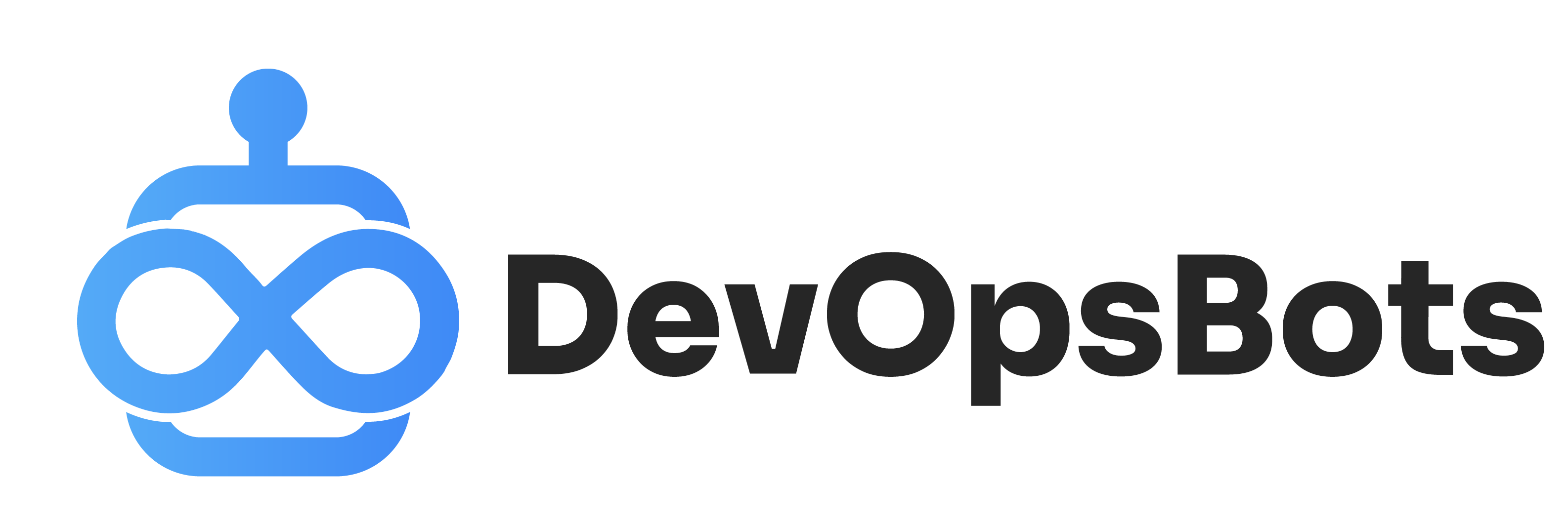Top 20 Skills a DevOps Engineer Requires for Success
In the rapidly evolving technology industry, DevOps has emerged as a key role that blends aspects of software development and IT operations. A DevOps engineer plays a crucial role in automating and streamlining processes, enhancing software quality, and shortening the development lifecycle. However, to excel in this challenging role, a DevOps engineer needs a diverse set of skills. Here are the top 20 skills required for success in a DevOps engineering career:
1. Understanding of Various Software Development Lifecycles (SDLCs)
Every software project has a lifecycle – the process it goes through from conception to final product. Familiarity with different SDLCs such as Agile, Lean, and Waterfall is a must-have for DevOps engineers. This understanding allows them to adapt to different project requirements and work seamlessly with development teams.
2. Proficiency in Programming Languages
DevOps engineers should be proficient in at least one scripting language like Python, Ruby, or Perl. These languages are extensively used for automation tasks, which are crucial in a DevOps environment. Additionally, knowledge of other languages like Java or JavaScript can be beneficial, as DevOps roles often involve working closely with development teams.
3. Experience with Infrastructure Automation Tools
Infrastructure automation is a key part of a DevOps engineer’s role. Tools like Ansible, Puppet, and Chef are used to automate server setup and system configurations, eliminating manual intervention and reducing the risk of errors.
4. CI/CD Knowledge
Understanding the principles and practices of Continuous Integration and Continuous Deployment (CI/CD) is fundamental. CI/CD is the backbone of the DevOps approach, enabling frequent, reliable software releases.
5. Cloud Services Expertise
In today’s cloud-centric world, expertise with cloud services like AWS, Google Cloud, or Azure is invaluable. From managing cloud-based infrastructure to deploying cloud-native applications, cloud services knowledge is an essential skill.
6. Containerization and Orchestration
Knowledge of containerization technologies like Docker and orchestration tools such as Kubernetes is increasingly important. These tools help to package and distribute software consistently across various environments.
7. Monitoring and Logging
DevOps engineers need to know how to implement monitoring and logging systems. Tools like Nagios, Splunk, or ELK Stack help in tracking system performance and troubleshooting issues in real-time.
8. Networking Knowledge
Understanding networking basics, including DNS, routing, and load balancing, is essential for managing and optimizing the performance of distributed systems.
9. Security Skills
With increasing concerns about cybersecurity, DevOps engineers must understand security principles and best practices. This concept, often referred to as DevSecOps, includes managing permissions, enforcing security policies, and incorporating security into the CI/CD pipeline.
10. Configuration Management
Configuration management tools like Chef, Puppet, or Ansible are used to manage and control system configuration, ensuring consistency and reliability.
11. Test Automation
Test automation skills are essential for maintaining software quality and accelerating the development process. Familiarity with testing frameworks and tools like Selenium or JUnit is a plus.
12. System Administration
Basic system administration skills can help DevOps engineers understand the underlying systems they’re working with and manage servers efficiently.
13. Understanding of APIs
DevOps often involves integrating different systems and services, and APIs are the bridges that allow these integrations. Knowledge of how to work with RESTful APIs is typically expected.
14. Database Management
Understanding of SQL and NoSQL databases, database modeling, and managing database migrations are necessary skills for a DevOps engineer.
15. Version Control Systems (VCS)
Version control systems like Git are vital for managing codebase changes and collaborating with other developers.
16. Problem-Solving Skills
DevOps engineers often need to diagnose and fix issues across a variety of systems. Good problem-solving skills are invaluable for this aspect of the role.
17. Communication Skills
DevOps engineers work with multiple teams across an organization. Strong communication skills are important for collaboration and ensuring everyone is on the same page.
18. Flexibility
DevOps is all about continuous improvement, which means processes and tools can change frequently. Flexibility and adaptability are essential traits for a DevOps engineer.
19. Project Management
While not a purely technical skill, understanding the basics of project management can help a DevOps engineer plan, execute, and oversee projects more effectively.
20. A Learning Mindset
Finally, the field of DevOps is constantly evolving, with new tools and practices being introduced regularly. A continuous learning mindset is perhaps the most crucial skill a DevOps engineer can possess.
By building these skills, aspiring DevOps engineers can equip themselves for success in this challenging and exciting field. The journey to becoming a proficient DevOps engineer involves continuous learning, practice, and experience, but the rewards – in terms of career opportunities and satisfaction – are well worth the effort.


